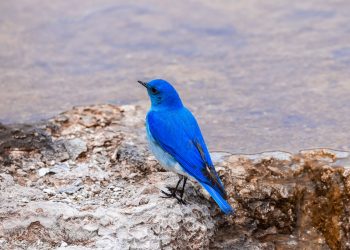Bird mites are tiny parasites that feed on the blood of birds. When their primary hosts are unavailable, they can infest human dwellings, leading to discomfort and concern.
Where Do Bird Mites Hide?
Bird mites thrive in humid, warm environments. Common hiding places include nests of birds in or around homes, particularly in walls or near ceiling junctions.
Signs Your Birds Have Mites:
Inspecting your birds at night with a flashlight can reveal mites. A “blood” sheet around the cage can also provide evidence of their presence. Feather mites are common in many bird species; covering a cage at night can help spot them.

Eliminating Bird Mites:
- Prevention: Remove empty bird nests and deceased birds promptly.
- Chemical Treatment: Use insecticides like permethrin, ß-cyfluthrin, or deltamethrin. It’s often best to consult pest control services for thorough eradication.
- Natural Treatment: For birds, a mixture of tea tree oil and olive oil applied gently can act as a natural repellent.
Bird Mites in Homes:
Can They Infest Homes? Yes, mites can quickly spread throughout a home, hiding in cracks, upholstery, and clothing.
- Lifespan: Without a host, most bird mites will die within a week. However, some can survive for a few weeks.
Do They Bite Humans? While bird mites can bite humans, they prefer avian hosts. Their bites on humans are often due to mistaken identity.
- Entry Points: They can enter homes through gaps around windows, doors, or spaces in the attic, especially when driven by the absence of their primary bird host.
Miscellaneous Facts:
- Movement: Contrary to some beliefs, bird mites do not jump or fly. They crawl.
- Mite Activity: Some mites might be more active at night, leading to increased bites during this period.
- Bird Mite Origin: Common hosts include pigeons, chickens, sparrows, and starlings. When these birds die or leave their nests, mites might migrate in search of new hosts.
Bird mites are adaptable pests that can become a nuisance for both birds and humans. Regular monitoring, prompt action, and preventive measures are crucial for managing and eliminating these pests. If you suspect a severe infestation, it’s always best to consult with a pest control professional.

Next on your reading list:













